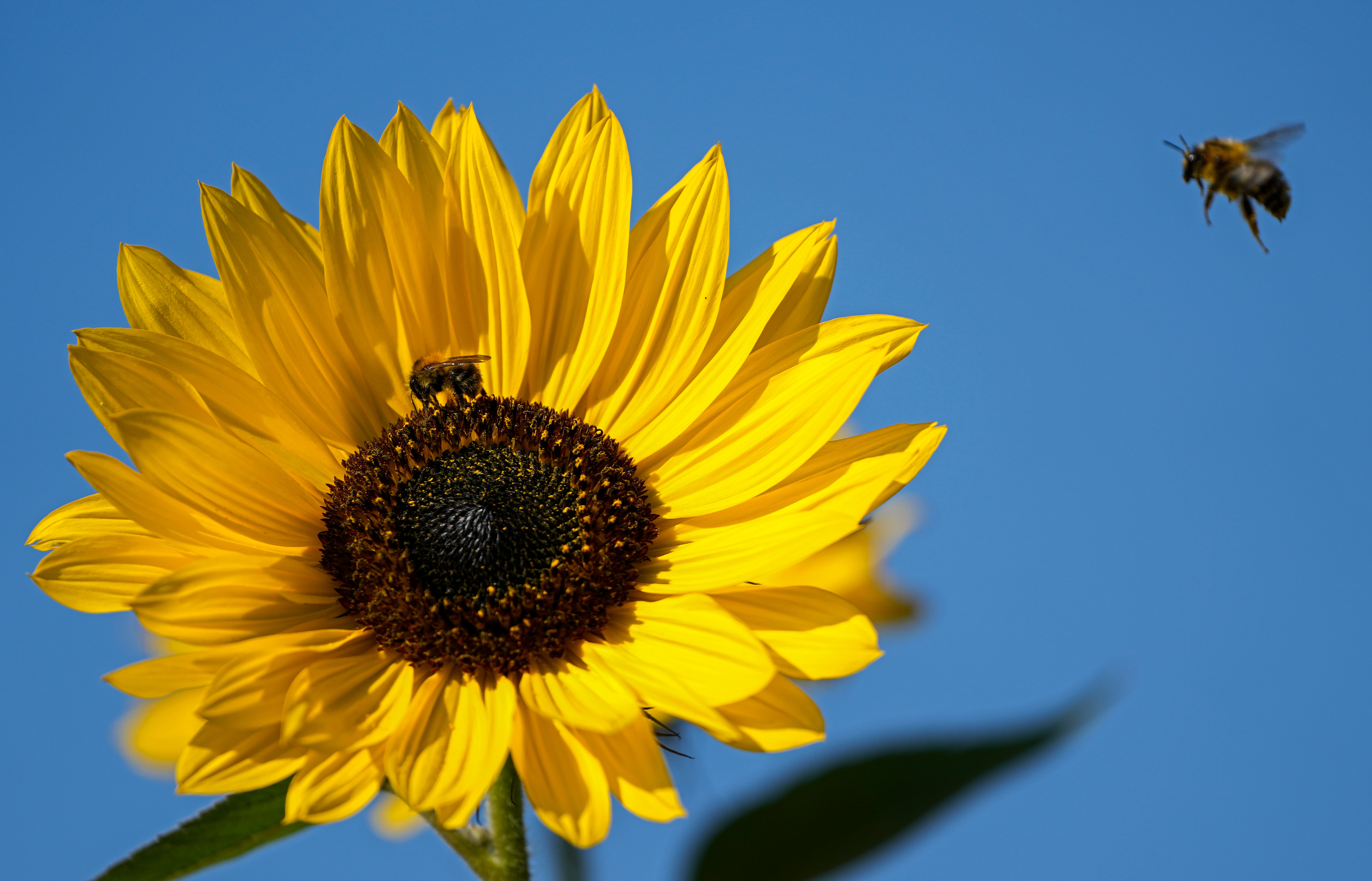EU Commission proposes cutting pesticides by half by 2030
The European Union’s executive arm has proposed legally binding targets to reduce the use of chemical pesticides by 50% by 2030 and a ban on all pesticide use in areas such public parks, playgrounds and schools

Your support helps us to tell the story
From reproductive rights to climate change to Big Tech, The Independent is on the ground when the story is developing. Whether it's investigating the financials of Elon Musk's pro-Trump PAC or producing our latest documentary, 'The A Word', which shines a light on the American women fighting for reproductive rights, we know how important it is to parse out the facts from the messaging.
At such a critical moment in US history, we need reporters on the ground. Your donation allows us to keep sending journalists to speak to both sides of the story.
The Independent is trusted by Americans across the entire political spectrum. And unlike many other quality news outlets, we choose not to lock Americans out of our reporting and analysis with paywalls. We believe quality journalism should be available to everyone, paid for by those who can afford it.
Your support makes all the difference.The European Union's executive arm on Wednesday proposed setting legally binding targets to reduce the use of chemical pesticides by 50% by 2030 and a ban on all pesticide use in areas such public parks, playgrounds and schools.
The European Commission said the current rules limiting the use of pesticides were too weak and have not been applied consistently across the EU.
A study by the group Pesticide Action Network Europe last month said the contamination of fruit and vegetables produced in the European Union with the most toxic pesticides has substantially increased over the past decade.
To facilitate the transition from chemical pesticides to alternative methods, farmers would be able to use EU funds to cover the cost of the new requirements for five years, the European Commission said.
The commission also wants to introduce a law aimed at repairing environmental damage by 2050.
“The aim is to cover at least 20% of the EU’s land and sea areas by 2030 with nature restoration measures, and eventually extend these to all ecosystems in need of restoration by 2050," the commission said.
The proposed measure includes plans to stop the decline of pollinators by 2030 and then increase their populations. In recent years, there’s been an alarming drop in bee populations, which has stoked fears of an ensuing impact on crop production.
According to recent figures released by the European Parliament, about 84% of crop species and 78% of wildflowers across the EU depend to some extent on pollination, and almost 15 billion euros ($16.5 billion) of the bloc’s annual agricultural output “is directly attributed to insect pollinators.”
The commission's proposals need to be endorsed by EU lawmakers and member countries.
“When we restore nature, we allow it to continue providing clean air, water, and food, and we enable it to shield us from the worst of the climate crisis,” said commission Vice President Frans Timmermans, who oversees the European Green Deal. “Reducing pesticide use likewise helps nature recover, and protects the humans who work with these chemicals.”